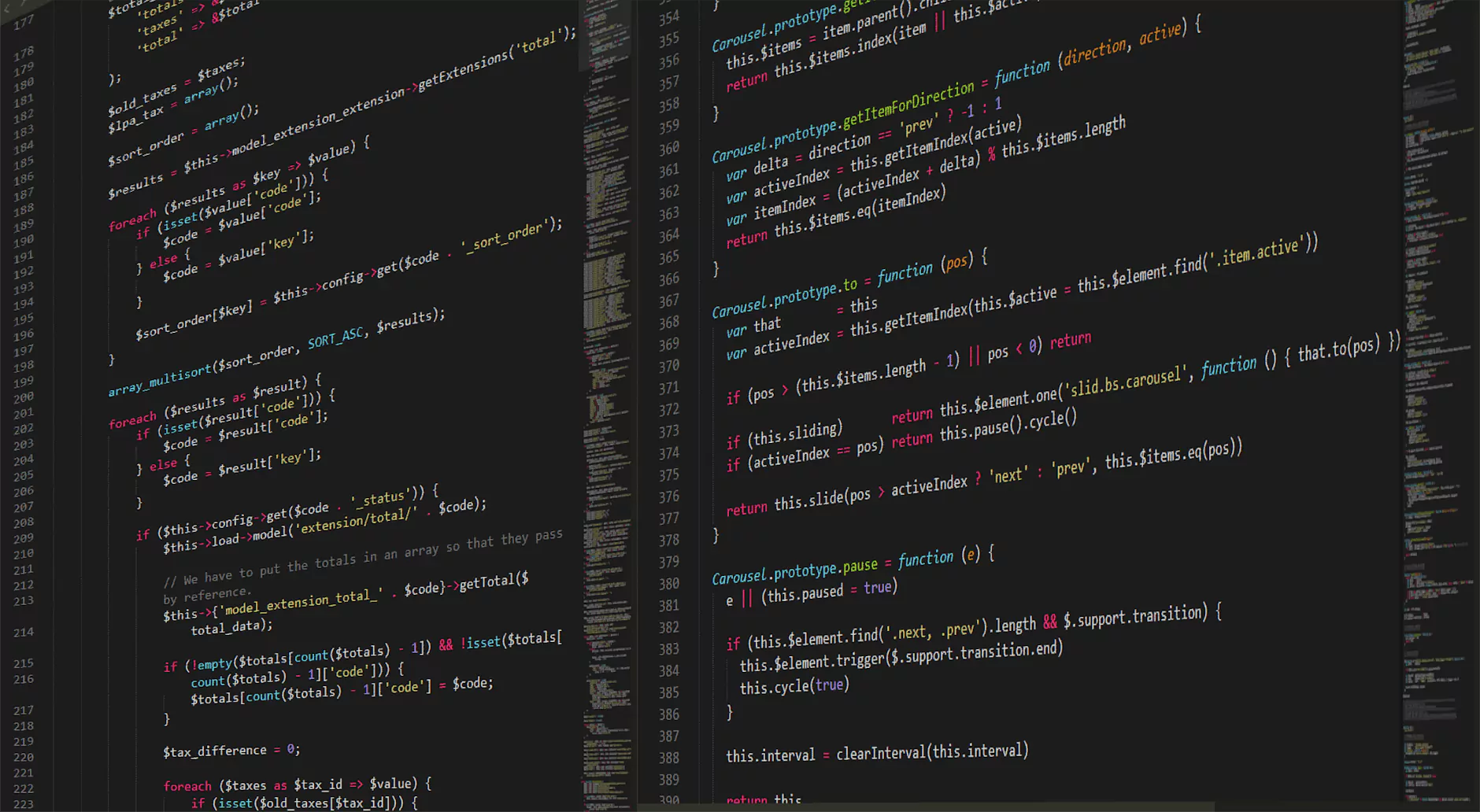Understanding Medical Coding Training: Your Gateway to a Thriving Career

Medical coding training is becoming increasingly essential in today's healthcare landscape. As a vital component of healthcare operations, medical coding impacts how patients receive care, how providers are reimbursed, and how health data is utilized for improvements in policy and practice. This article will delve into the significance of medical coding training, the various types of training available, the skills required, and the promising career prospects for trained medical coders.
What is Medical Coding?
Medical coding involves the translation of healthcare diagnoses, procedures, medical services, and equipment into universal alphanumeric codes. This coding process helps ensure that healthcare providers receive accurate payment for their services and allows for efficient data management in the healthcare system.
The Importance of Medical Coding Training
Medical coding training is crucial for several reasons:
- Accuracy: Proper training ensures that coders are adept at translating complex medical terminologies into the correct codes, reducing errors that could lead to claim denials.
- Regulatory Compliance: Healthcare regulations are not static; they evolve over time. Training helps coders stay updated with the latest coding standards, such as ICD-10, CPT, and HCPCS.
- Career Advancement: Trained and certified medical coders have a competitive advantage in the job market, often leading to better positions and higher salaries.
Types of Medical Coding Training Available
Various avenues exist for obtaining medical coding training, catering to different learning preferences and schedules:
1. Online Courses
Many institutions offer online medical coding courses that allow students to learn at their own pace. These courses often include interactive modules, video lectures, and quizzes to enhance the learning experience.
2. Vocational Schools
Vocational and technical schools provide comprehensive programs that combine theoretical knowledge with practical application. Students may also benefit from hands-on training in simulated environments.
3. Community Colleges
Community colleges offer associate degree programs in medical coding. These programs cover a broader spectrum of healthcare subjects, including medical terminology, anatomy and physiology, and coding systems.
4. Professional Certification Organizations
Organizations such as the American Academy of Professional Coders (AAPC) and the American Health Information Management Association (AHIMA) provide specialized certification courses. Obtaining certification from these recognized bodies can significantly enhance a coder's credibility and job prospects.
Key Skills Developed Through Medical Coding Training
Successful completion of medical coding training equips individuals with a range of essential skills:
1. Attention to Detail
Medical coders must pay meticulous attention to detail to ensure the accuracy of codes they assign to various healthcare services and diagnoses.
2. Understanding of Medical Terminology
A strong foundation in medical terminology is vital. Coders must understand various medical terms, procedures, and anatomy to translate them into appropriate codes.
3. Analytical Skills
Medical coding requires robust analytical skills to interpret complex medical documentation and extract relevant information for coding purposes.
4. Proficiency in Coding Software
Familiarity with electronic health records (EHR) and coding software is essential. Training often includes hands-on experience with these tools to prepare coders for actual job environments.
Career Opportunities in Medical Coding
The demand for skilled medical coders is on the rise, leading to a wide range of career opportunities. Some positions available to trained professionals include:
1. Medical Coder
Entry-level positions often involve coding for hospitals, clinics, and other healthcare facilities, focusing on accuracy and compliance with coding standards.
2. Coding Specialist
These professionals may specialize in specific areas, such as inpatient or outpatient coding, and often hold advanced certifications.
3. Health Information Technician
Health information technicians manage patient data and records, ensuring accuracy and security in healthcare documentation.
4. Compliance Officer
Compliance officers ensure that healthcare organizations comply with proper coding and billing practices, often requiring substantial experience and knowledge of healthcare laws.
5. Coding Auditor
Coders looking to move into auditing can review coding practices for accuracy and compliance, providing the necessary feedback for improvement.
The Future of Medical Coding
With advancements in technology and the ongoing evolution of healthcare regulations, the world of medical coding is constantly changing. Here are some trends to watch:
1. Increased Automation
The integration of artificial intelligence (AI) and machine learning into medical coding processes is on the rise. These developments may streamline workflows but will require coders to adapt and understand these technologies.
2. Remote Work Opportunities
The shift towards remote healthcare jobs has extended to medical coding positions, making it easier for coders to work from anywhere.
3. Continuous Education and Certification
Professionals in this field must engage in continuous education to stay updated with coding guidelines and changes in the healthcare landscape.
Conclusion: Why Choose Medical Coding Training?
In summary, medical coding training is an invaluable asset for anyone seeking a career in the healthcare industry. It not only opens up multiple career paths but also plays a vital role in ensuring the efficiency and effectiveness of healthcare delivery. With the right training and dedication, individuals can establish rewarding careers in a field that is becoming increasingly pivotal in our highly digital healthcare environment.
As healthcare continues to grow and evolve, the opportunities for trained medical coders will only increase. Enrolling in medical coding training today can set you on a path toward a fulfilling and prosperous future in the healthcare sector.









